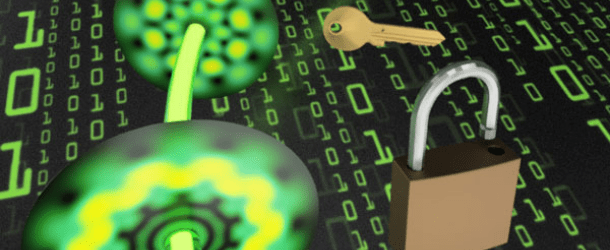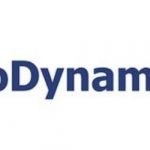Key to Creating Quantum-Resistant Encryption Is Getting Away from Core Strength of Computers, According to One Expert

(NextGov) John Breeden II writes about “. . the most critical need right now is protecting government encryption from the possibility of quantum hacking.”
After Breeden’s last article about quantum computers and AI, he was contacted by Andrew Cheung, the CEO of 01 Communique Laboratory and IronCAP. They have a product available right now which can add quantum-resistant encryption to any email. Called IronCAP X, it’s available for free for individual users, so anyone can start protecting their email from the threat of quantum hacking right away.
According to Cheung, the key to creating quantum-resistant encryption is to get away from the core strength of computers in general. He explained that RSA encryption used by the government today is fundamentally based on prime number factorization, where if you multiply two prime numbers together, the result is a number that can only be broken down into those primes. Breaking encryption involves trying to find those primes by trial and error.
To make it more difficult for quantum machines, or any other kind of fast computer, Cheung and his company developed an encryption method based on binary Goppa code named for the Russian mathematician who invented it–Valerii Denisovich Goppa. The IronCAP program intentionally introduces errors into the information it’s protecting, and then authorized users can employ a special algorithm to decrypt it, but only if they have the private key so that the numerous errors can be removed and corrected.
Cheung says that binary Goppa code encryption that can resist quantum hacking can be deployed right now on the same servers and infrastructure that agencies are already using.
Cheung says that binary Goppa code encryption that can resist quantum hacking can be deployed right now on the same servers and infrastructure that agencies are already using. It would just be a matter of switching things over to the new method. With quantum computers evolving and improving so rapidly these days, Cheung believes that there is little time to waste.



















